As Russian forces continue their rapid advance toward Pokrovsk, now just over 10 kilometers from this critical logistical hub in Ukraine’s Donbas Oblast, concerns are growing over the town’s potential loss.
One issue for the public is the lack of clarity about why Pokrovsk is seen as different from any other lost settlement in the Donbas. To fully grasp the current situation, prognosis, and risks associated with the potential loss of Pokrovsk, we need to step back from the tactical level and shift our focus slightly eastward, starting with Avdiivka.
Before falling to Russian forces in February 2024, the Avdiivka area played a key role for Ukrainian troops for nearly a decade, serving as a fortress that secured vital logistical routes in the Donetsk oblast. It was also seen as a potential foothold for future Ukrainian efforts to deoccupy Donetsk.
Unsurprisingly, since 2022, Russia has committed substantial resources to capture Avdiivka, raising questions about whether the heavy losses incurred were justified even among Russians.
The goal of the operation was not merely to capture Avdiivka itself, but to gain access to the operational space behind it. Once Avdiivka was secured, it provided the Russians with multiple options and maneuverability.
This is a key aspect because, if we examine the war theater solely from a tactical standpoint – focusing on individual tree lines or single settlements – we may miss the broader operational objectives of the enemy and the potential consequences for Ukraine if these objectives are achieved.
The backbone of Ukraine’s logistics in Donetsk Oblast is under threat
Pokrovsk, a town with a pre-war population of 60,000, is situated west of Avdiivka at a crucial crossroads of multiple railroad lines. It has become a key delivery and railroad distribution hub, facilitating the supply of Ukrainian forces across a broad frontline, from Vuhledar to the north of Donetsk and beyond.
Currently, only two places in the Donbas serve this vital function – Pokrovsk and Kramatorsk. The significance of the location and length of the supply line becomes clear when viewed on a map:
When assessing the situation, we should remember that Russia doesn’t need to capture Pokrovsk to gain control over the railroad.Mere proximity to the town enables Russian forces to target trains and vehicles with artillery, mortars, and drones, effectively rendering the railroad hub unusable. It’s highly likely that train operations in the town have already been suspended due to these risks.
The significance of Pokrovsk extends beyond its rail connections; the town is also situated at an important road juncture, playing a similar role to the railroads in the transportation and distribution of supplies across the entire frontline.
The road linking Pokrovsk to Kostyantynivka has long been a target of Russian offensive efforts. Cutting off this road would complicate the resupply of troops engaged in the Bakhmut-Horlivka sector.
The potential loss of Pokrovsk poses a serious operational threat to the logistics of the entire region, disrupting supply lines from Vuhledar in the south to Horlivka in the north. The loss of both the road and railroad would exacerbate the situation for Ukrainian forces in the Donbas, leading to the potential loss of Kurakhove, Vuhledar, and areas both south and north of Toretsk.
Another significant concern is the political aspect: Pokrovsk is located just over 20 kilometers from the administrative border of Dnipropetrovsk Oblast. Given that Russian forces re-entered Kharkiv Oblast from the north in May 2024, there is little reason to believe that Putin plans to halt at the administrative borders of the Donetsk and Luhansk Oblasts.
If Pokrovsk falls, Russian forces would face minimal obstacles in advancing toward Dnipro, potentially extending their control into another administrative region of Ukraine and broadening the list of occupied oblasts.
Russia’s rapid advance in Donbas undeterred by Ukraine’s invasion of Kursk Oblast
Since the fall of Avdiivka, Russian forces have advanced more than 25 kilometers westward into Ukrainian territory. The concern is not about the territorial losses, but the pace at which Russian forces are moving through fortified areas.
Starting from July, the rate of Russian advancement in this region has accelerated, allowing them to bypass multiple defensive lines that Ukraine hastily constructed after the fall of Avdiivka.
The Finnish OSINT group Black Bird has mapped Ukrainian defenses visible through satellite imagery, helping to visualize the situation. As seen on their map, Russian forces have moved beyond several defensive positions, and with the full control of Novohrodivka, only one defensive line remains before reaching the outskirts of Pokrovsk itself.
Satellite imagery analysis of the seized positions shows evidence of artillery shelling and bombing, though not as extensive as in other frontline areas. This likely suggests that Ukrainian troops in the Pokrovsk direction were forced to retreat multiple times, lacking sufficient forces and resources to mount an organized defense.
While there have been many discussions and concerns about the lack of fortifications behind Avdiivka, which are entirely valid, the major issue remains the shortage of available manpower and units to defend those positions. No matter how well-constructed or numerous the defenses are, if they are only staffed at 10-20% of the required capacity, it’s unsurprising that Russian forces are able to overrun them so quickly.
Typically, in situations like this, both Ukraine and Russia deploy additional forces to stabilize the problematic part of the frontline. This often involves pulling one or more battalions from quieter sectors and redirecting them to more critical areas. However, after Ukraine was compelled to redeploy its resources to the Kharkiv Oblast and then to Sumy for the Kursk operation, the number of available units for such stabilization efforts was significantly reduced.
As a result, Ukraine was unable to stabilize this section of the frontline, just like in other areas such as Toretsk and New York, where Ukrainian forces also faced significant challenges and were forced to retreat.
Is the fall of Pokrovsk imminent?
Does this mean that Pokrovsk is definitely lost? No, it does not, but the likelihood of such an outcome continues to grow, given the balance of forces on the ground and the concentrated Russian firepower in the Pokrovsk area. Despite Ukrainian attempts to divert Russian forces from Pokrovsk with the Kursk incursion, Russian leadership remains reluctant to redeploy a significant number of forces from this front, even at the expense of reputational and political costs.
It is imperative for Ukrainian forces to prevent a swift and easy takeover of Pokrovsk, as this could buy Ukraine the necessary time to organize a defense beyond the Pokrovsk area—an opportunity missed in a similar situation in Avdiivka. If Russia exhausts its forces to capture Pokrovsk, it may lack the resources or morale to advance further.
Furthermore, Ukraine has demonstrated a capacity for sudden and effective counterattacks against overextended enemies, an approach that has proven effective given the Ukrainian forces’ greater mobility and more decentralized approach compared to Russian forces.
The Ukrainian leadership has several options to stabilize the line, including deploying newly formed brigades, repositioning forces from the Kursk and Kharkiv areas, or pulling battalions from more stable fronts. Whether the Ukrainian command will take these steps remains to be seen, but such a scenario cannot be ruled out.
As of today, the situation around Pokrovsk is dire and dangerous, with the potential to create a serious operational catastrophe if the town is lost.
Source: EuroMaidan Press


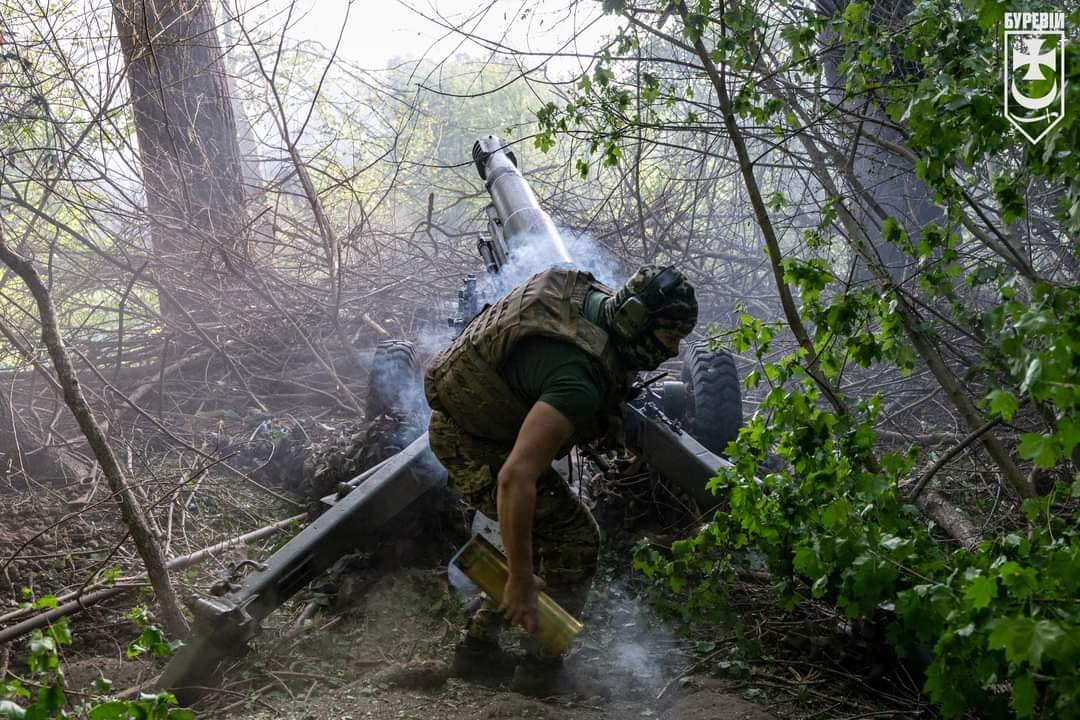
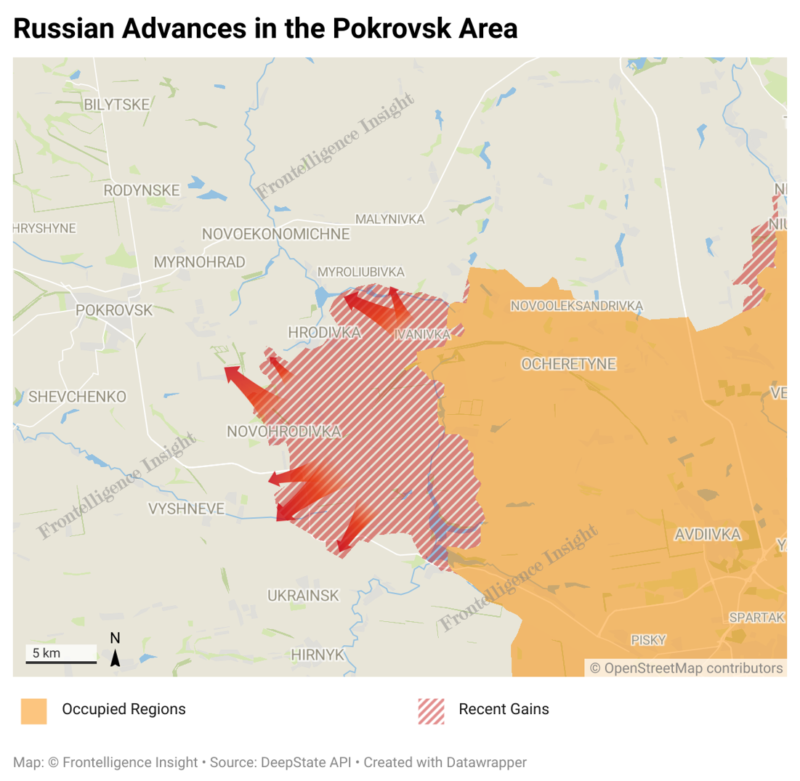
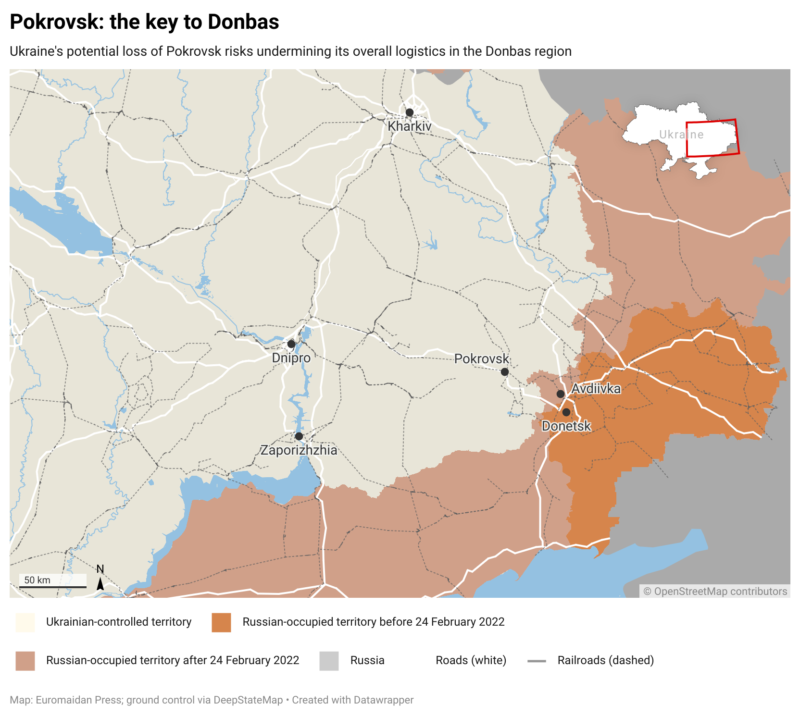
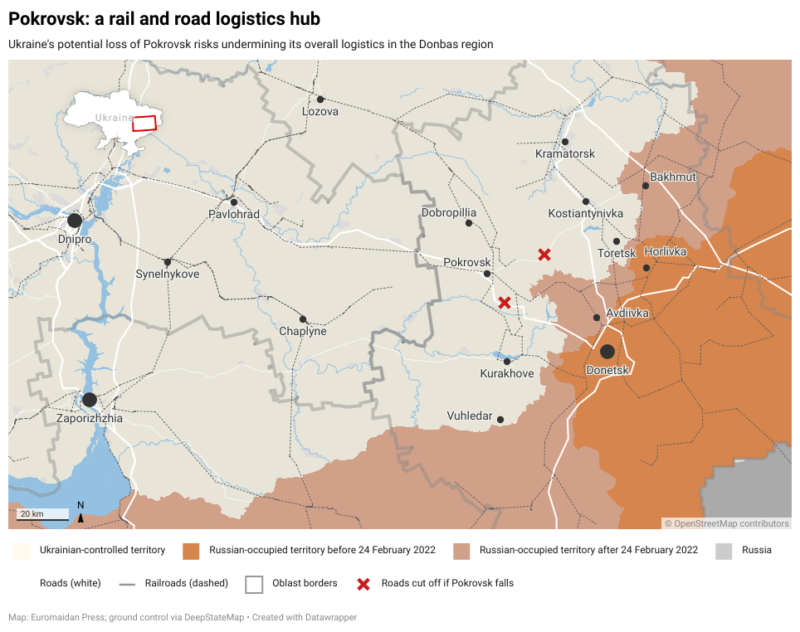
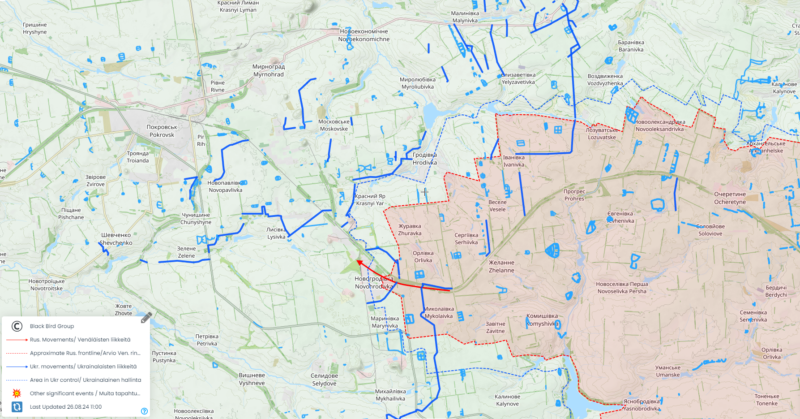


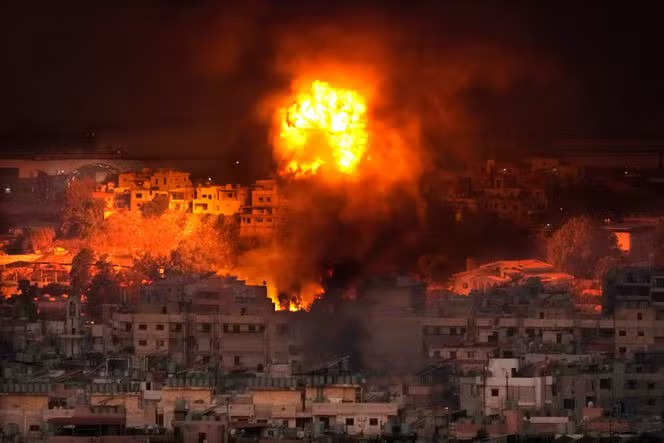
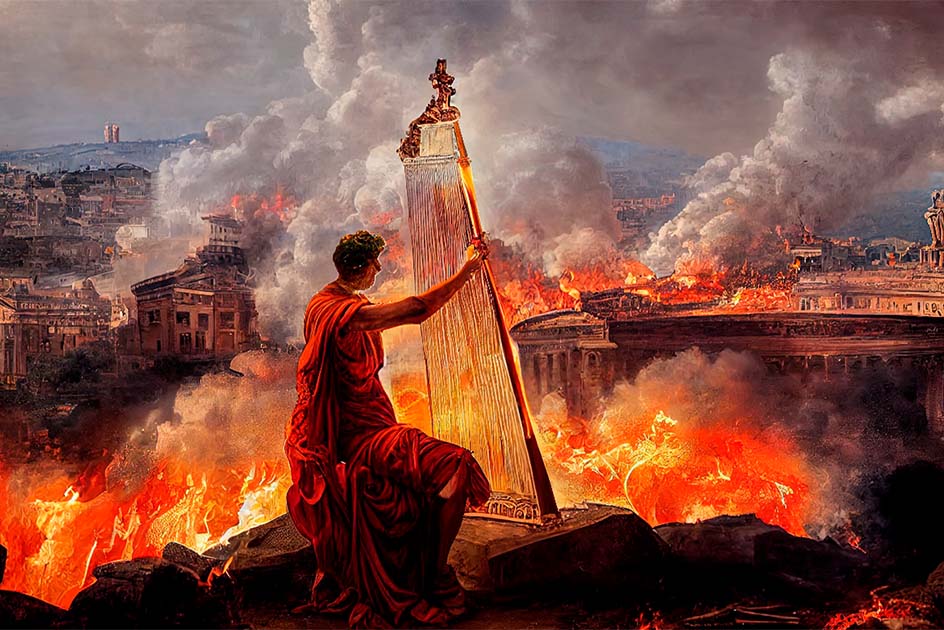

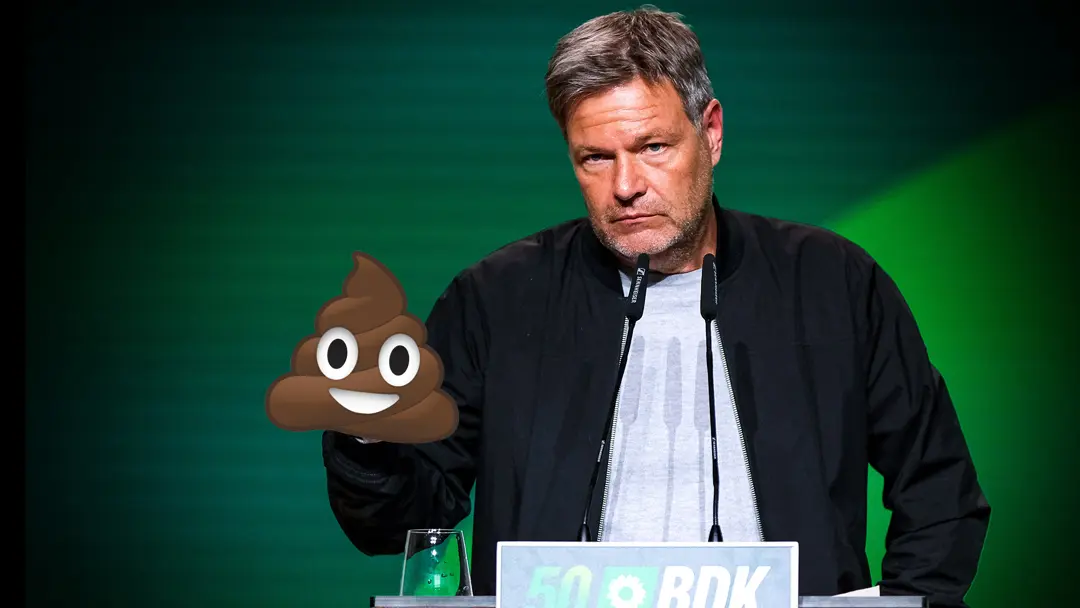
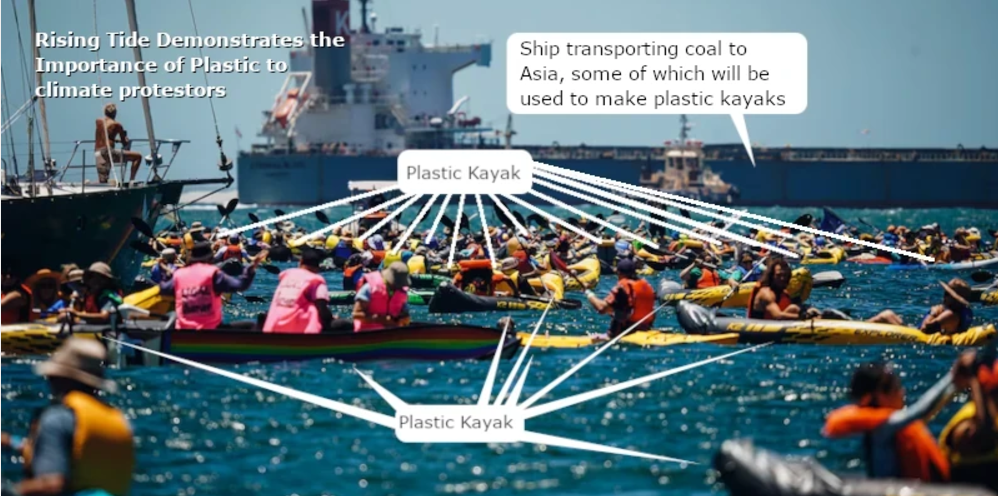
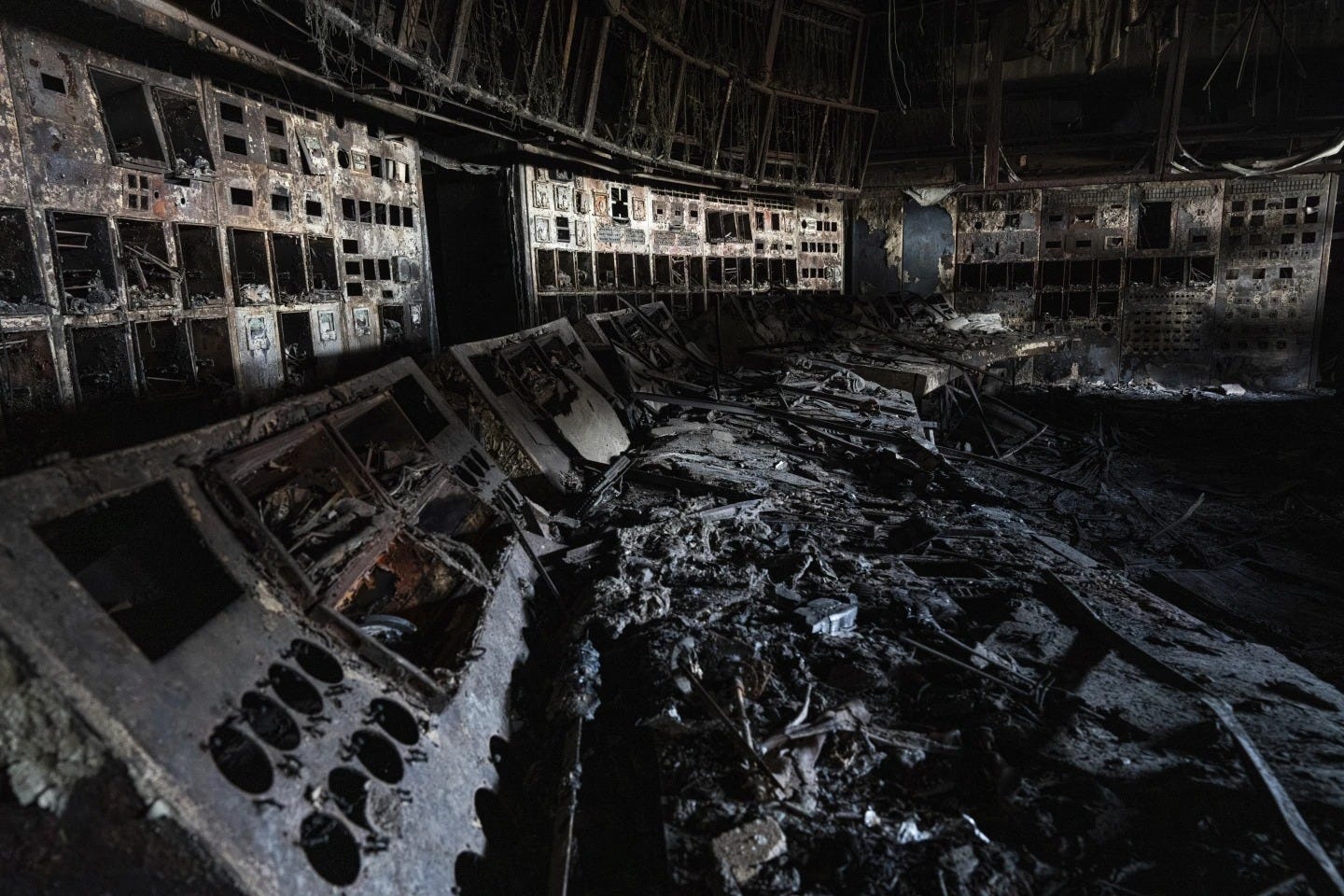
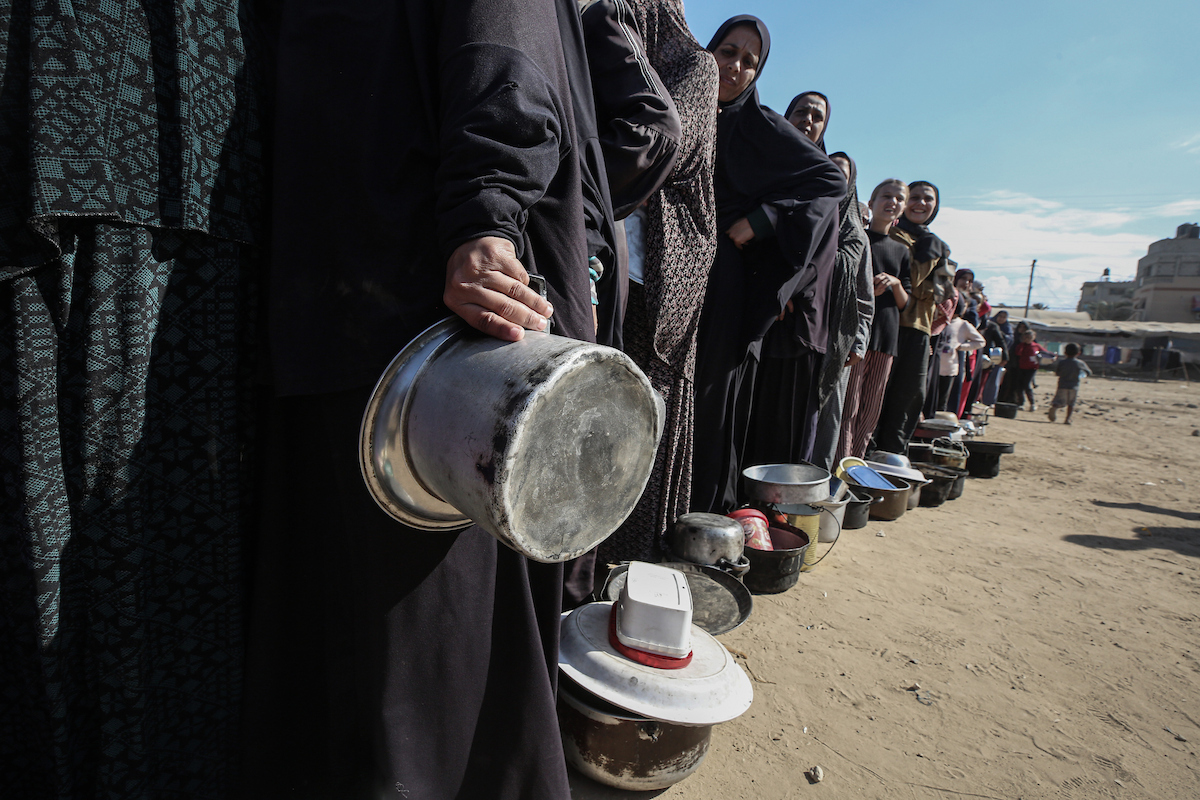
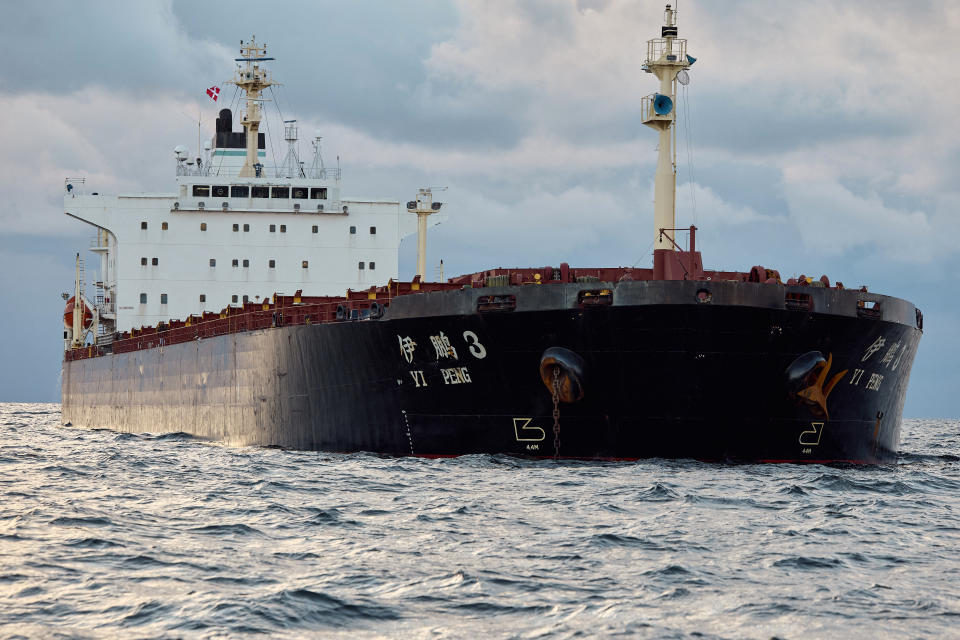
No comments.
By submitting a comment you grant Free West Media a perpetual license to reproduce your words and name/web site in attribution. Inappropriate and irrelevant comments will be removed at an admin’s discretion. Your email is used for verification purposes only, it will never be shared.